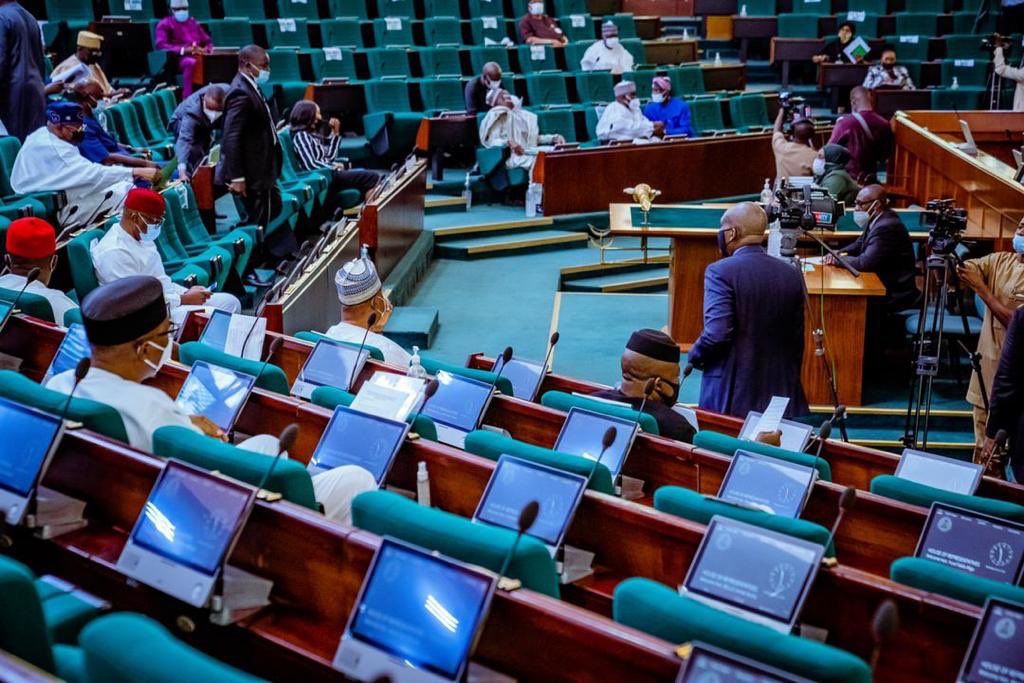Reps disagree with Senate, approve N1.7trn for fuel subsidy
The House of Representatives on Thursday approved N1.7 trillion as subsidy for fuel in 2023, an amount which is at variance with the N3.6 trillion approved by the Senate on Wednesday. This followed the consideration and approval of the report of the House Committee on Finance which worked on the 2023-2025 Medium Term Expenditure Framework […]

House of Representatives
The House of Representatives on Thursday approved N1.7 trillion as subsidy for fuel in 2023, an amount which is at variance with the N3.6 trillion approved by the Senate on Wednesday.
This followed the consideration and approval of the report of the House Committee on Finance which worked on the 2023-2025 Medium Term Expenditure Framework (MTEF)/Fiscal Strategy Paper (FSP), as presented by Deputy Chairman of the committee, Saidu Musa Abdullahi.
- Small claim court laudable, to improve Nigeria’s economy — Lagos CJ
- Nigeria needs N1trn annually to cater for vulnerable citizens’ health — FG
Although, the Senate Joint Committees on Finance and National Planning and Economic Affairs, which worked on the fiscal document, had recommended that the cost of petroleum subsidy be capped at N1.7trn in 2023, the Red Chamber during consideration of the report upheld N3.6trn for subsidy as originally proposed by President Muhammadu Buhari.
The House said capping the cost of petroleum subsidy at N1.7 trillion in 2023 wold enable the federal government to save the sum of N737,306,443,151 which it said should be used to reduce the fiscal deficit of N11.3 trillion to N10.563 trillion.
It also approved new borrowings of N8.437 trillion (including foreign and domestic borrowing), subject to the provision of details of the borrowing plan to the National Assembly.
The House in its recommendations approved an increase in the oil benchmark to $73 per barrel and a daily oil production of 1.83 million barrels per day.
Also approved include an exchange rate of N437.57/US$1; projected Gross Domestic Product (GDP) growth rate of 3.75% as well as 17.16% inflation rate.
Other parameters approved by the House include revenue of N9.352 trillion as a result of increase in the benchmark; fiscal deficit of N10.563 trillion (including GOEs); statutory transfers, totaling, N722.11 billion; debt service estimate of N6.31 trillion; sinking fund to the tune of N247.7 billion and N827.8 billion for pension, gratuities and retirees benefits, among others.
Meanwhile, all is now set for Friday’s presentation of the 2023 budget estimate by President Muhammadu Buhari before a joint session of the National Assembly.
Deputy Speaker of the House of Representatives while speaking on the readiness to receive the president at the House, urged all members to be seated by 9am for the event.
